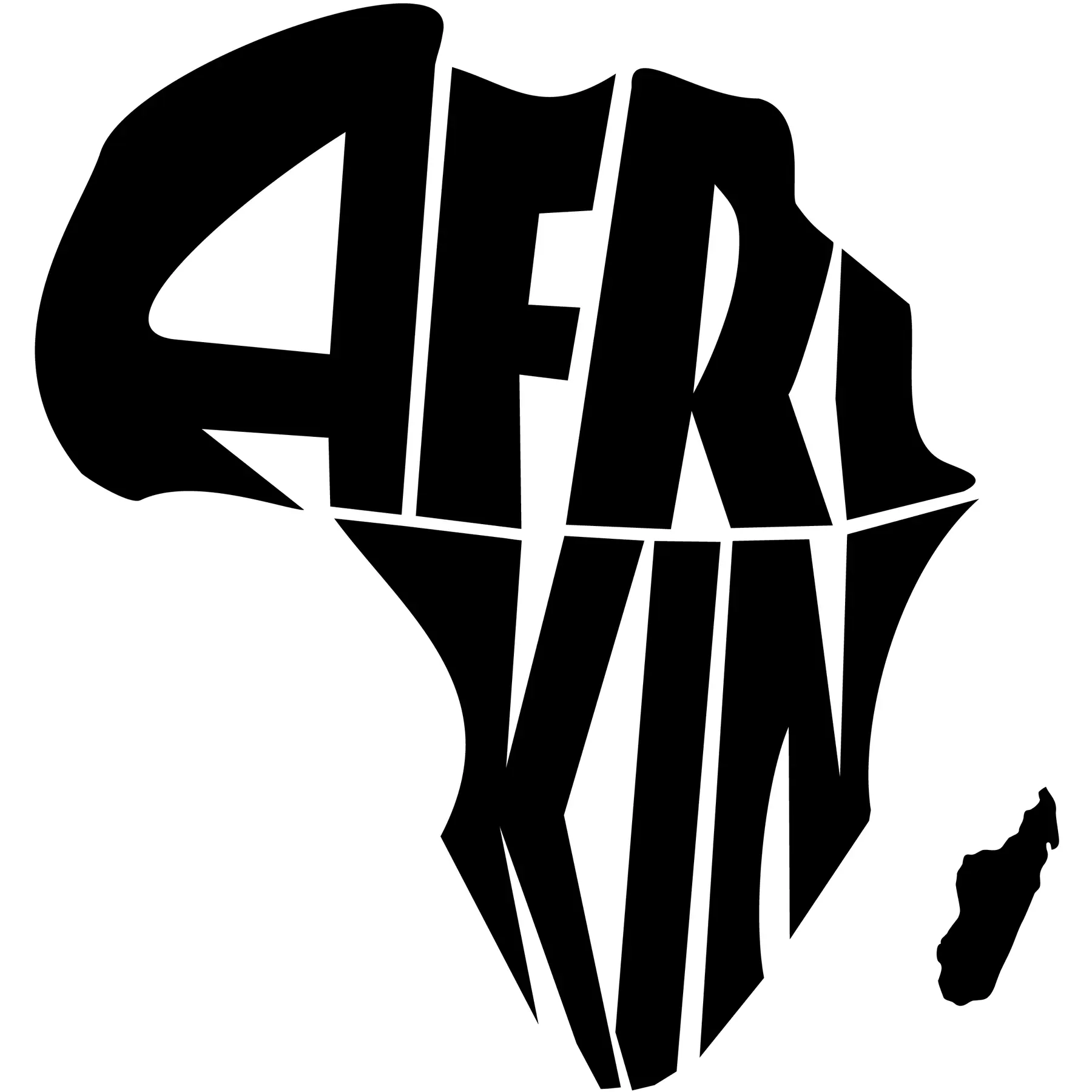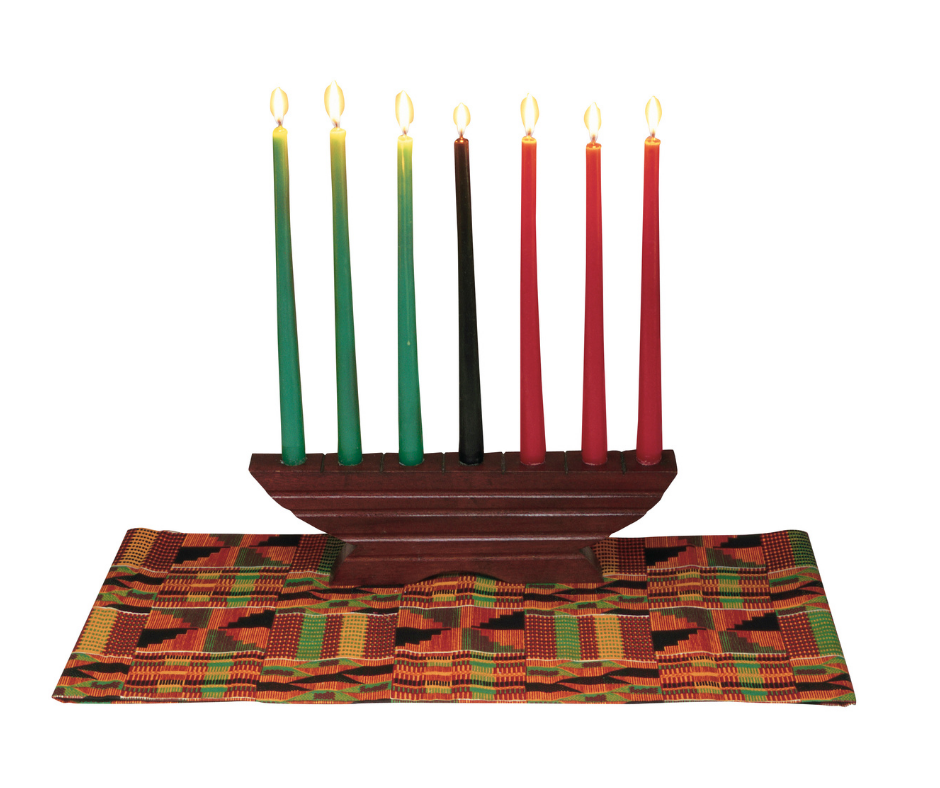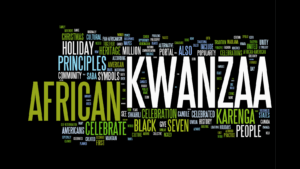Habari gani, friends! It is the week of Kwanzaa, the seven-day celebration of our African roots and heritage.
Kwanzaa is a relatively “newer” holiday. Founded in 1966 and modeled after the harvest celebrations in ancient Egypt, it was birthed after a period of unrest, poverty, and protests known as the Watts rebellion. Activist and leader in the Black Power Movement, Maulana Karenga, founded the Us Organization to “rebuild the neighborhood and promote a Black cultural revolution.”
From there, Kwanzaa was created as an opportunity to celebrate African roots. Its name comes from a Swahili phrase meaning “first fruits.” It is celebrated annually, beginning December 26 through January 1, celebrating culture, community, and family.
The holiday centers around seven principles known as the Nguzo Saba. Its goal is to “inspire Black people to be united, self-determined, accountable for their communities, financially invested in Black-owned businesses, purposeful with their lives, creative and full of faith.“
The Seven Kwanzaa Principles – Nguzo Saba
- UMOJA (Unity) – To strive for and maintain unity in the family, community, nation, and race
- KUJICHAGULIA (Self-determination) – To define ourselves, name ourselves, and speak for ourselves, instead of being defined and spoken for by others.
- UJIMA (Collective work and responsibility) – To build and maintain our community together and to make our brothers and sisters’ problems our problems, and to solve them together.
- UJAMAA (Co-operative economics) – To build and maintain our own stores, shops, and other businesses and to profit together from them.
- NIA (Purpose) – To make as our collective vocation the building and developing of our community in order to restore our people to their traditional greatness.
- KUUMBA (Creativity) – To do always as much as we can, in the way we can in order to leave our community more beautiful and beneficial than when we inherited it.
- IMANI (Faith) – To believe with all our heart in our parents, our teachers, our leaders, our people and the righteousness and victory of our struggle.
How is it celebrated?
Like many holidays, Kwanzaa is celebrated in a variety of different ways. That may include fasting, the daily lighting of the Kinara (candle lighting), exchanging gifts, playing music, cooking extravagant meals, and gathering with friends and family.
“One of Kwanzaa’s core ideals is bonding with loved ones. The seven days of celebration are both loud and quiet, humble and large.”
Unlike many other holidays rooted in religion, Kwanzaa breaks free from those constraints and is meant to be celebrated as a cultural holiday, regardless of your religious affiliations.
Above all, it’s a time for many people in the African community – in America and worldwide – to feel kinship and connection to each other and the land that bonds them together.
How do you celebrate Kwanzaa in your household? Let us know in the comments below!


